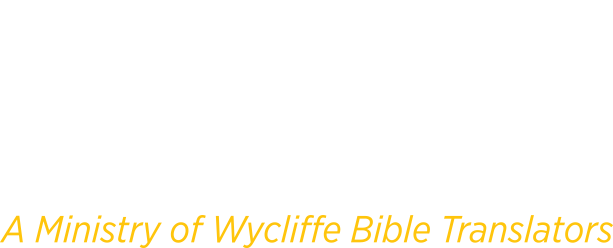Personal Planner

Living Trust - Life and Death Decisions
Medical Care Planning
The living trust works together with other important estate planning documents in the event that you have a medical crisis or emergency. When you sign a living trust, your attorney will also prepare an advance directive or, in some states, a durable power of attorney for healthcare and a living will.
These documents will be different in the various states, but have the same general purpose. The durable power of attorney for healthcare enables you to select a person who will make medical decisions if you are not able to advise the doctors yourself. A living will explains the circumstances that will be surrounding your final weeks or days and makes requests to the attending doctors and nurses concerning your preferences for care at that time.
While these medical documents are important to ensure that you receive the best care, the living trust also contains provisions that make certain your property is managed for your benefit. If you are ill, your designated successor trustee may manage your property, pay bills and ensure good medical care for you.
Trust for Minor Children
If you are a single parent or a couple with minor children, then the living trust will usually include a family trust for the benefit of those children. If both parents have passed away, the successor trustee will manage the family trust for the children.
The trust provisions frequently permit the trustee to allocate income to the children based on his or her understanding of their individual needs. Unless the trust is quite substantial, it is common for the entire family trust for minors to be used to provide for the room, board, tuition and medical expenses of the minors until the youngest child reaches the age for distribution. For many parents, this is when the youngest child is age 30 or older.
During the existence of the trust, a trustee of a family trust for minors generally has quite broad discretion. For example, the trustee may distribute income to any of the children and may invade principal for medical expenses, educational expenses or other needed items. The parent will frequently provide a general statement of guidance for distributions, especially of principal, but the trustee will often have broad discretion. Therefore, it is common to select a trusted friend, advisor or family member as trustee of the trust for minor children.
If your estate is substantial, you may want to select one person as guardian of your children and another as successor trustee of your property. In this way, you build a "check and balance" into the plan that encourages both your guardian and trustee to use the assets to best benefit your children.
Single Person—"Give It Twice" Trust
The living trust directs the distribution of assets after the demise of a single person. Frequently, the assets are distributed to family and favorite charities. The family could be children, but many times includes nephews and nieces.
A single person may choose to create a trust for nephews and nieces. One trust that is gaining popularity is a "Give It Twice" trust. The trust pays income to the nephews or nieces until the initial value of the trust has been paid out as income. Trust principal is then distributed to charity.
For example, a single person with four nephews and nieces passed away and transferred $500,000 into the "Give It Twice" trust. The trust paid approximately $500,000 of income over a term of 18 years to the four nephews and nieces. After that time, the trust principal of $500,000 was distributed to a favorite charity.
Planning by Married Couples
If married couples have minor children, then a family trust for minors is appropriate. However, particularly if a married couple has a larger estate, then their advisor may suggest a plan with two trusts. With a larger estate, the advisor may recommend a combination of a qualified terminable interest property trust (QTIP) for the surviving spouse and a bypass trust.
The QTIP distributes all income to the surviving spouse. It can be invaded, but only for the benefit of the surviving spouse. After the surviving spouse passes away, the assets are distributed under the will of the first person to pass away. This distribution is frequently made to children but may also include favorite charities. The QTIP protects both the surviving spouse and the children from the first marriage.
The second trust is the bypass trust. It is normally funded with the amount of the exemption equivalent. This trust usually distributes income to the surviving spouse. There is also a limited power to invade principal for the benefit of the surviving spouse if needed for health, education, maintenance or support.
Because the bypass trust uses the exemption of the first to pass away and follows the appropriate guidelines, it is not subject to tax in the estate of surviving spouse. Only the QTIP and the other personally owned assets will be subject to estate tax from the assets of the surviving spouse.














